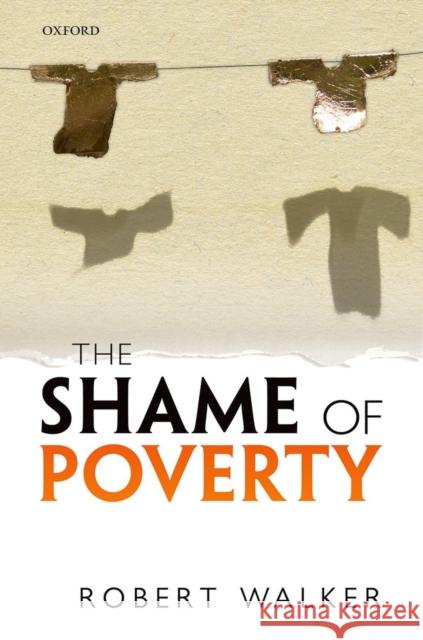The Shame of Poverty » książka
The Shame of Poverty
ISBN-13: 9780199684823 / Angielski / Twarda / 2014 / 224 str.
The Shame of Poverty invites the reader to question their understanding of poverty by bringing into close relief the day-to-day experiences of low-income families living in societies as diverse as Norway and Uganda, Britain and India, China, South Korea, and Pakistan.
The volume explores Nobel laureate Amartya Sen's contention that shame lies at the core of poverty. Drawing on original research and literature from many disciplines, it reveals that the pain of poverty extends beyond material hardship. Rather than being shameless, as is often claimed by the media, people in poverty almost invariably feel ashamed at being unable to fulfil their personal aspirations or to live up to societal expectations due to their lack of income and other resources. Such shame not only hurts, adding to the negative experience of poverty, but undermines confidence and individual agency, can lead to depression and even suicide, and may well contribute to the perpetuation of poverty.
Moreover, people in poverty are repeatedly exposed to shaming by the attitudes and behaviour of the people they meet, by the tenor of public debate that either dismisses them or labels them as lazy and in their dealings with public agencies. Public policies would be demonstrably more successful if, instead of stigmatising people for being poor, they treated them with respect and sought actively to promote their dignity.
This book, together with the companion volume Poverty and Shame: Global Experiences, presents comparable evidence from the seven countries, challenges the conventional thinking that separates discussion of poverty found in the Global North from that prevalent in the Global South. It demonstrates that the emotional experience of poverty, with its attendant social and psychological costs, is surprisingly similar despite marked differences in material well-being and varied cultural traditions and political systems. In so doing, the volumes provide a foundation for a more satisfactory global conversation about the phenomenon of poverty than that which has hitherto been frustrated by disagreement about whether poverty is best conceptualised in absolute or relative terms.
The volume draws on the ground-breaking research of an international team: Grace Bantebya-Kyomuhendo, Elaine Chase, Sohail Choudhry, Erika Gubrium, Ivar Lodemel, JO Yongmie (Nicola), Leemamol Mathew, Amon Mwiine, Sony Pellissery and YAN Ming.











